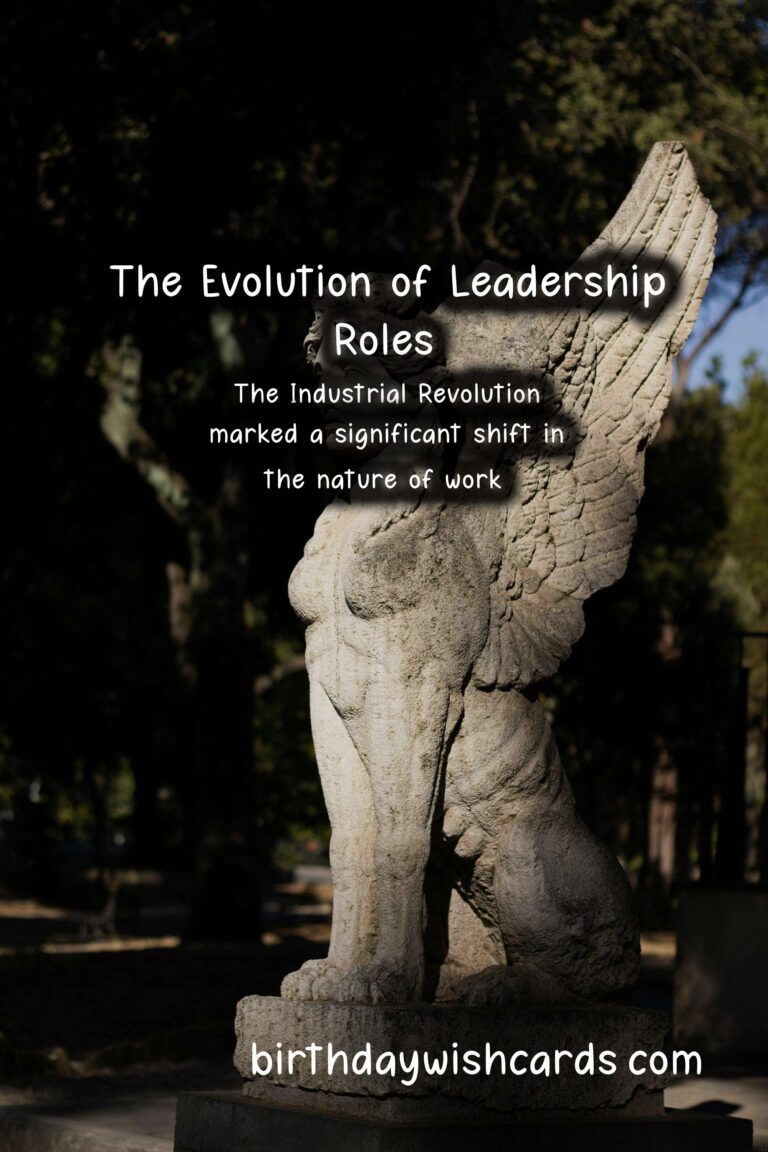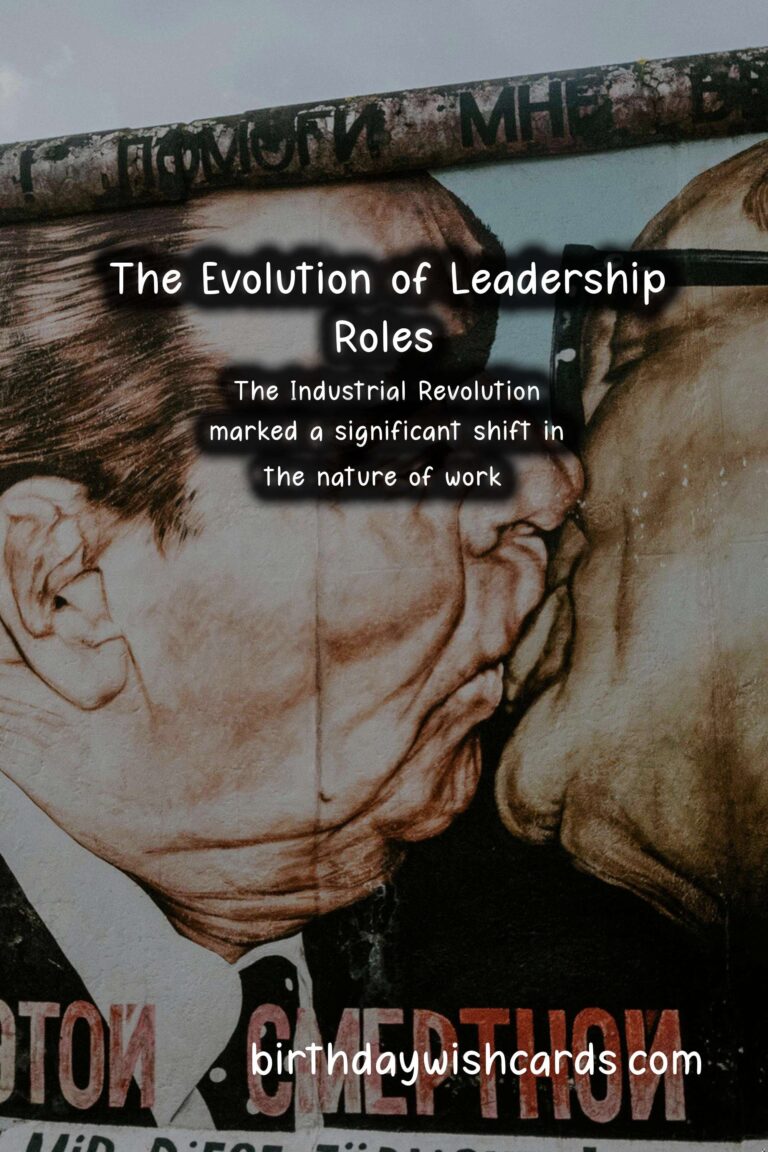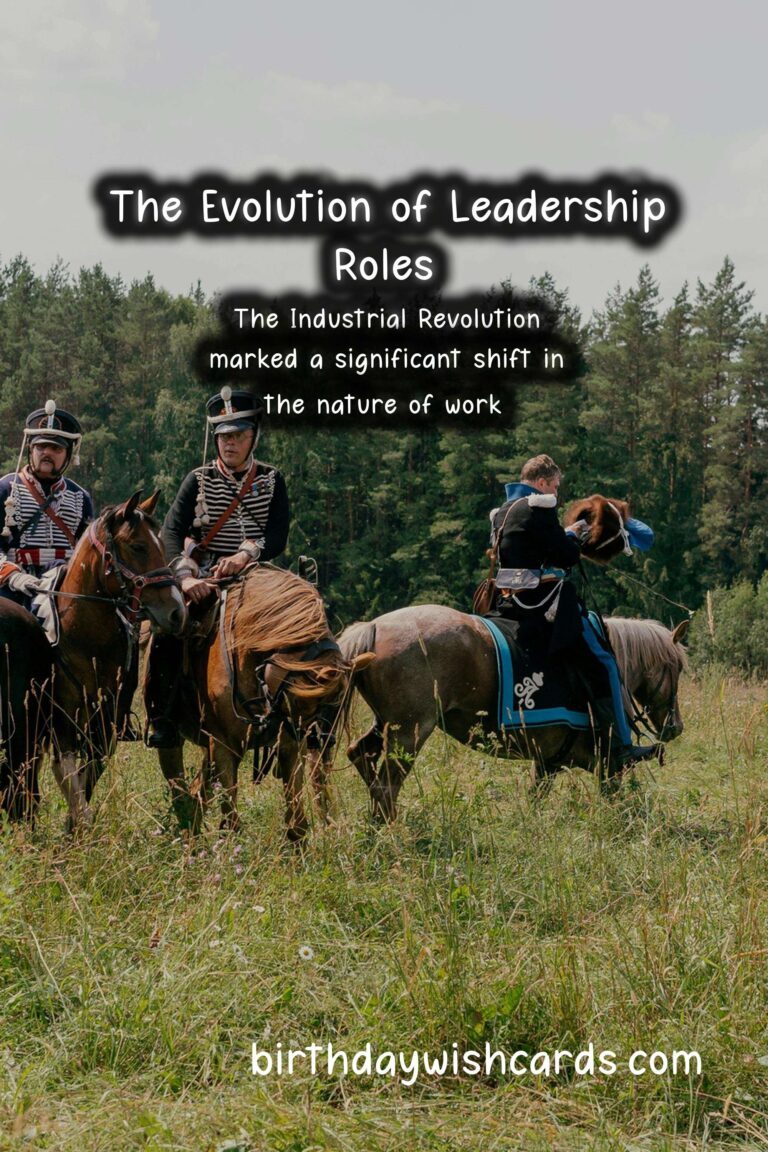
The term ‘boss’ originates from the Dutch word ‘baas,’ which means ‘master’ or ‘owner.’ The concept of a boss has evolved significantly over the centuries, reflecting changes in society, economy, and workplace dynamics. This article explores the intricate history and lasting significance of bosses, including how managerial roles have transformed and their impact on organizational culture.
1. Early Concept of Leadership
In ancient civilizations, leaders were often seen as figures of authority, guiding their tribes through resources and warfare. The earliest bosses were typically chieftains or kings who wielded absolute power. These leaders established early frameworks for governance, laying the groundwork for future structures of management.
2. The Industrial Revolution: Redefining Leadership
The Industrial Revolution marked a significant shift in the nature of work. As factories began to dominate the economy, the role of leadership morphed into a more organized and hierarchical structure. Managers, often referred to as ‘foremen,’ were responsible for directing workers and ensuring efficiency. This era underscored the importance of a boss’s role in optimizing productivity.
3. The Emergence of The Modern Boss
With the advent of the 20th century, theories on management and leadership began to arise. Influential figures like Frederick Taylor introduced scientific management, which focused on the optimization of tasks and time. This paradigm shift necessitated a reevaluation of the boss’s role, who now had to not only manage but also understand the intricacies of workflow.
4. Leadership Theories: Moving Towards Empowerment
As the century progressed, numerous leadership theories emerged. Styles such as transformational leadership began to emphasize the importance of inspiring and empowering employees, contrasting sharply with the traditional authoritarian styles of the past. The modern boss is now seen as a coach or mentor, promoting personal growth and team cohesion.
5. The Significance of Emotional Intelligence in Leadership
In recent decades, emotional intelligence has become a crucial component of effective leadership. Today’s bosses are expected to possess high emotional awareness, allowing them to connect with their teams on a deeper level. This shift has led to the development of more empathetic workplace cultures, prioritizing employee well-being alongside productivity.
6. The Role of Technology and Remote Leadership
The rise of technology and the subsequent shift to remote work have further transformed the role of bosses. Management tools and communication platforms have enabled bosses to lead teams from various locations, changing how leadership is perceived and practiced. This evolution shows the need for adaptability and continuous learning in modern leadership.
7. Cultural Variations in Leadership
Globally, the concept of leadership varies significantly across cultures. In some societies, hierarchical management is favored, while others promote egalitarian approaches. Understanding these differences is essential for global businesses and highlights the importance of cultural competence in leadership roles.
8. The Future of Bosses: Navigating Challenges Ahead
As workplaces continue to evolve, the role of the boss will undoubtedly face new challenges. Issues such as remote work dynamics, diversity and inclusion, and mental health awareness will shape how future leaders operate. The ability to adapt to these changes will define the next generation of bosses.
Conclusion
The history of bosses reflects profound societal changes that have influenced how leadership is understood and enacted. From ancient chieftains to modern-day mentors, the significance of bosses continues to evolve, emphasizing the need for adaptability and emotional intelligence in leadership roles. As we look to the future, the role of a boss will continue to be pivotal in shaping organizational culture and employee experiences.
The term ‘boss’ originates from the Dutch word ‘baas,’ which means ‘master’ or ‘owner.’ The Industrial Revolution marked a significant shift in the nature of work. 













